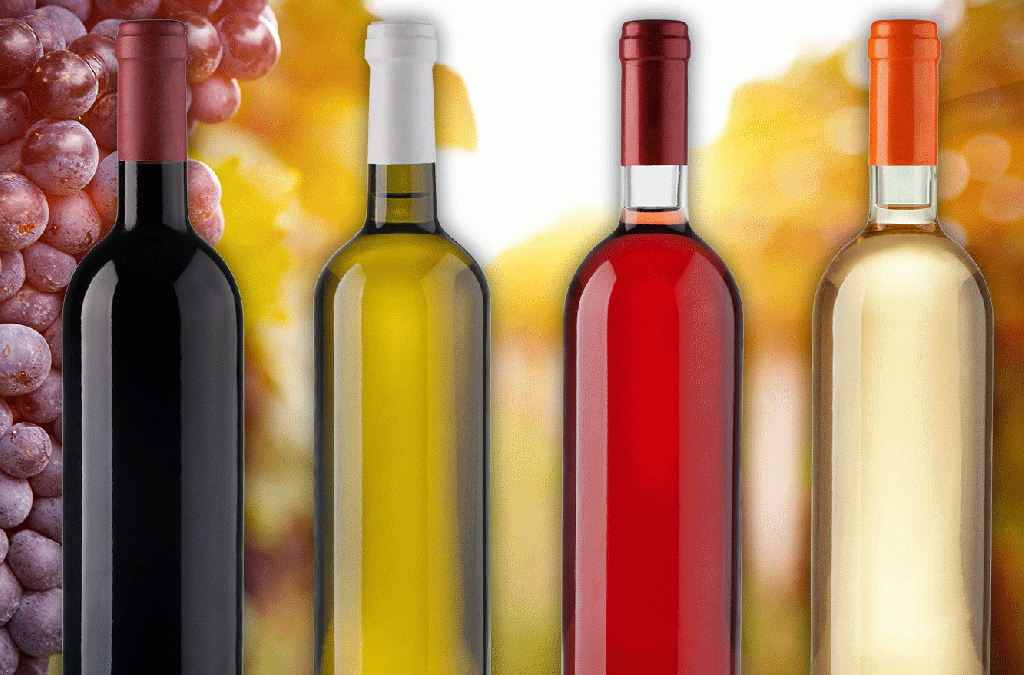Call it chardonn-AI.
Artificial intelligence has created an algorithm that can trace wines to their original sources, and perhaps more importantly, detect cheap knockoffs being corked as a collector’s delight.
“There’s a lot of wine fraud around with people making up some crap in their garage, printing off labels and selling it for thousands of dollars,” researcher Alexandre Pouget, a professor at the University of Geneva, told The Guardian.
“We show for the first time that we have enough sensitivity with our chemical techniques to tell the difference.”
Machine learning was harnessed to differentiate subtleties in wines, leading AI to determine not only the region where such wines were made but even the exact estate.
It comes at a time when fake booze is costing European sales about $3.2 billion (€3 billion) in revenue, according to the paper.
The program was trained on 80 wines harvested in 12 years from seven different estates in France’s wine Mecca, the Bordeaux region.
Said algorithm assesses all chemicals within the wine and then gives the Jesus juice a unique signature with 99% accuracy.
It’s then put on a grid for comparison with similar makes. By doing so, researchers also discovered many “clusters” of wines with had hyper-local differentiations within the region, as those north of the Dordogne River fair differently than ones west of the Garonne River.
“The first thing we saw, that jumped straight out at us, is there are clusters that correspond to a specific chateaux. That told us right away that there is a chemical signature specific to each chateau, independent of vintage,” Pouget added.
“It’s the overall pattern of concentrations of many, many molecules that distinguishes a chateau. Each is a symphony: there isn’t a single note that distinguishes them, it’s the whole melody.”
One teensy shortcoming is that the AI can only tell vintages in wines at half accuracy, per The Guardian.
Still, Pouget says this is a breakthrough we should all drink to.
“We could use this to figure out how to blend wines to optimize quality,” he said.
“Wine blending is the key step in making great Bordeaux and Champagne. So far, this is done by a few winemakers who are paid a fortune for their skills. Having tools like this would make it a lot cheaper to make great blends, which would benefit everybody.”
Source




